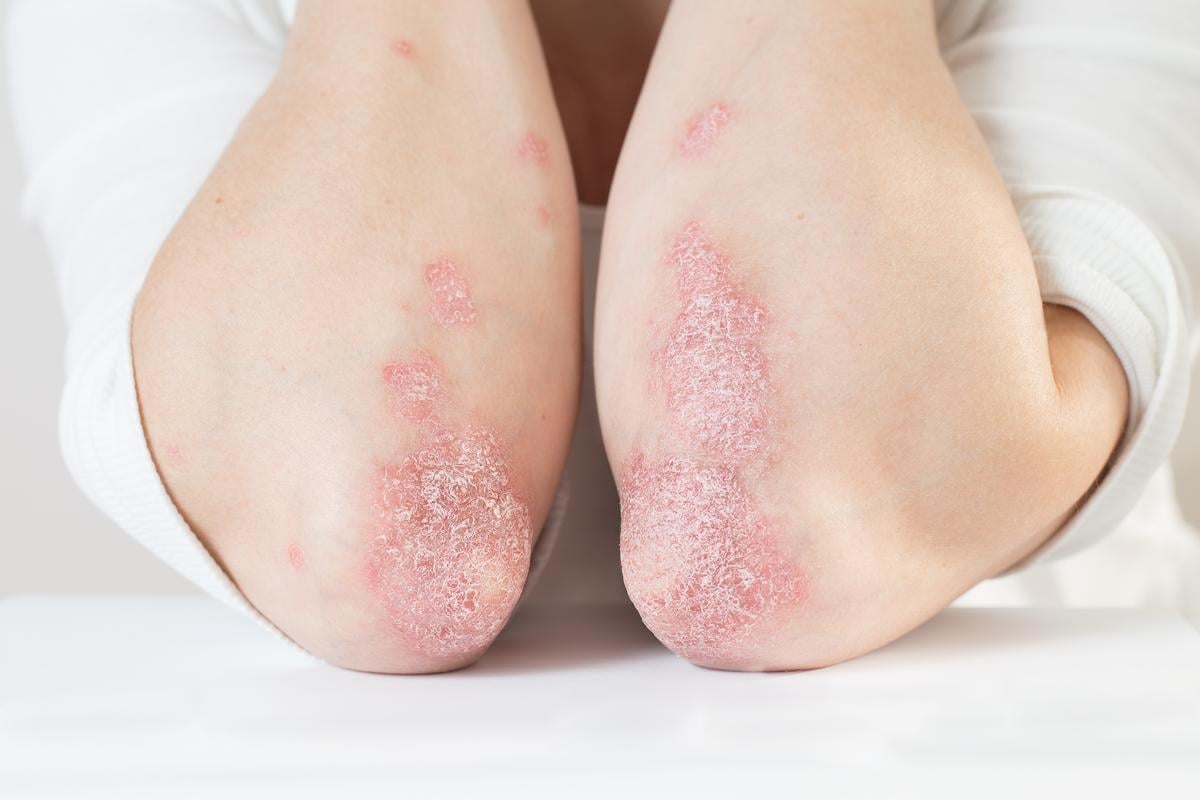Association persists after adjustment for age, BMI, alcohol intake, and comorbidities
By Elana Gotkine HealthDay Reporter
TUESDAY, Dec. 3, 2024 (HealthDay News) — High ultraprocessed food (UPF) intake is associated with active psoriasis, according to a research letter published online Nov. 27 in JAMA Dermatology.
Laetitia Penso, Ph.D., from Paris-Est University, and colleagues performed a cross-sectional study using data from the Nutri-Net-Santé cohort study to examine the association between UPF intake and active psoriasis. Participants were classified by their psoriasis status (never-had; nonactive; active) using a validated self-diagnosis questionnaire. UPF intake in grams/day was extracted and divided into tertiles, from minimum to maximum intake (tertiles 1 and 3, respectively).
Data were included for 18,528 participants, of whom 1,825 (10 percent) had psoriasis, with 803 active cases (4 percent). Compared with the never-had and nonactive groups, the active-psoriasis group had a lower proportion of females and a higher proportion of individuals with a body mass index (BMI) greater than 30 kg/m2. High-intensity physical activity occurred less often in the active and nonactive groups than the never-had group. The researchers found that UPF intake differed between the active and never-had groups in an unadjusted analysis (tertile 3 odds ratio, 1.52). High UPF intake was more likely than lower UPF intake in the active group after adjustments (tertile 3 adjusted odds ratio, 1.36).
“After adjustments for age, BMI, alcohol intake, and comorbidities, the results remained significant, suggesting that UPF intake has a proinflammatory action separate from high BMI,” the authors write.
Copyright © 2024 HealthDay. All rights reserved.








